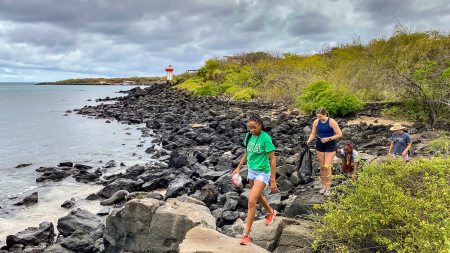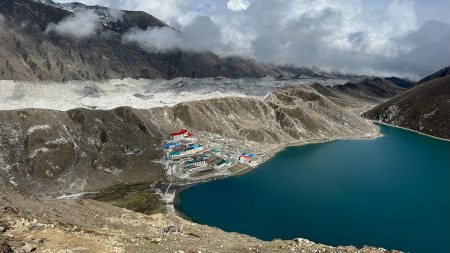Through a collaborative culture and multidisciplinary teams, researchers at Carolina are addressing some of the greatest issues of our time by seeking discoveries and innovative solutions.
That commitment includes tackling environmental challenges facing our state and world. Our students, faculty and staff are taking direct steps toward meeting environmental challenges by conducting research, launching programs and leading change to protect habitats and communities across our state.
While Tar Heels are making strides on environmental challenges off campus, we're also working at home, becoming a more sustainable university. Our commitment to excellence in sustainability and environmental work is led by Sustainable Carolina. The Carolina Sustainability Council guides this initiative and turns ideas into action by connecting with campus stakeholders.
Many of those efforts are led by Tar Heels with a passion for the environment.
Click on a story below to learn more about how Carolina students, faculty and staff are putting sustainability into action on campus.









